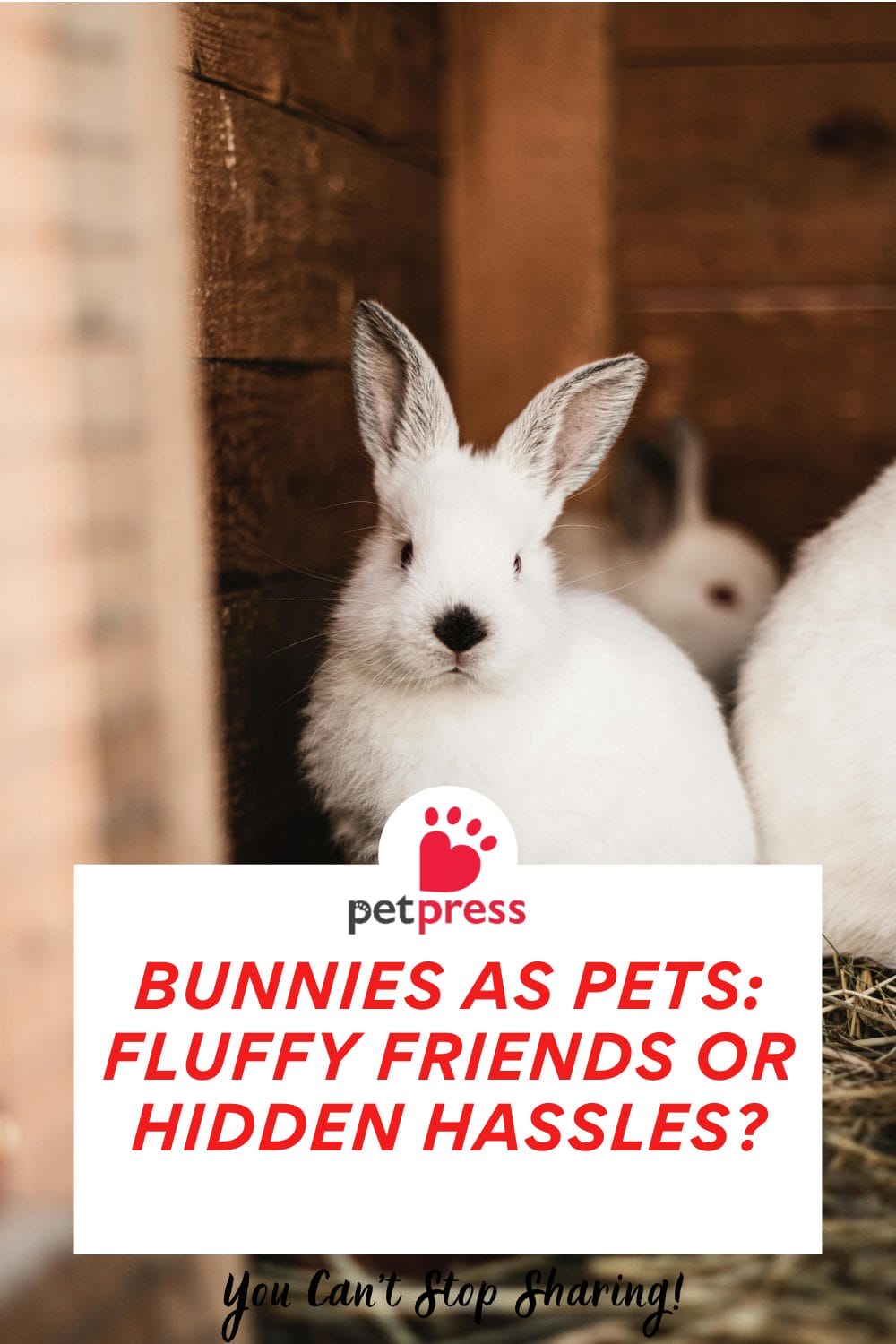
Soft, cuddly, and undeniably adorable — bunnies as pets are becoming increasingly popular. Their twitching noses and cotton-ball tails can melt even the coldest hearts.
But are these fluffy creatures all snuggles and no struggle? Or do they come with hidden hassles that new pet owners might not expect?
In this comprehensive guide, we uncover everything you need to know about bunnies as pets, including their history, benefits, challenges, and expert care tips.
Whether you are considering adopting a rabbit or already have one, this post is your complete resource.
A Brief History of Rabbits as Pets
Monks first domesticated Rabbits in medieval Europe, primarily for food and fur.
Over centuries, selective breeding led to a wide variety of rabbit breeds, many of which are now kept solely for companionship.
By the 19th century, rabbits began to appear in homes not just as livestock, but as beloved pets.
Today, they are the third most popular pet in the United States after dogs and cats, according to the House Rabbit Society.
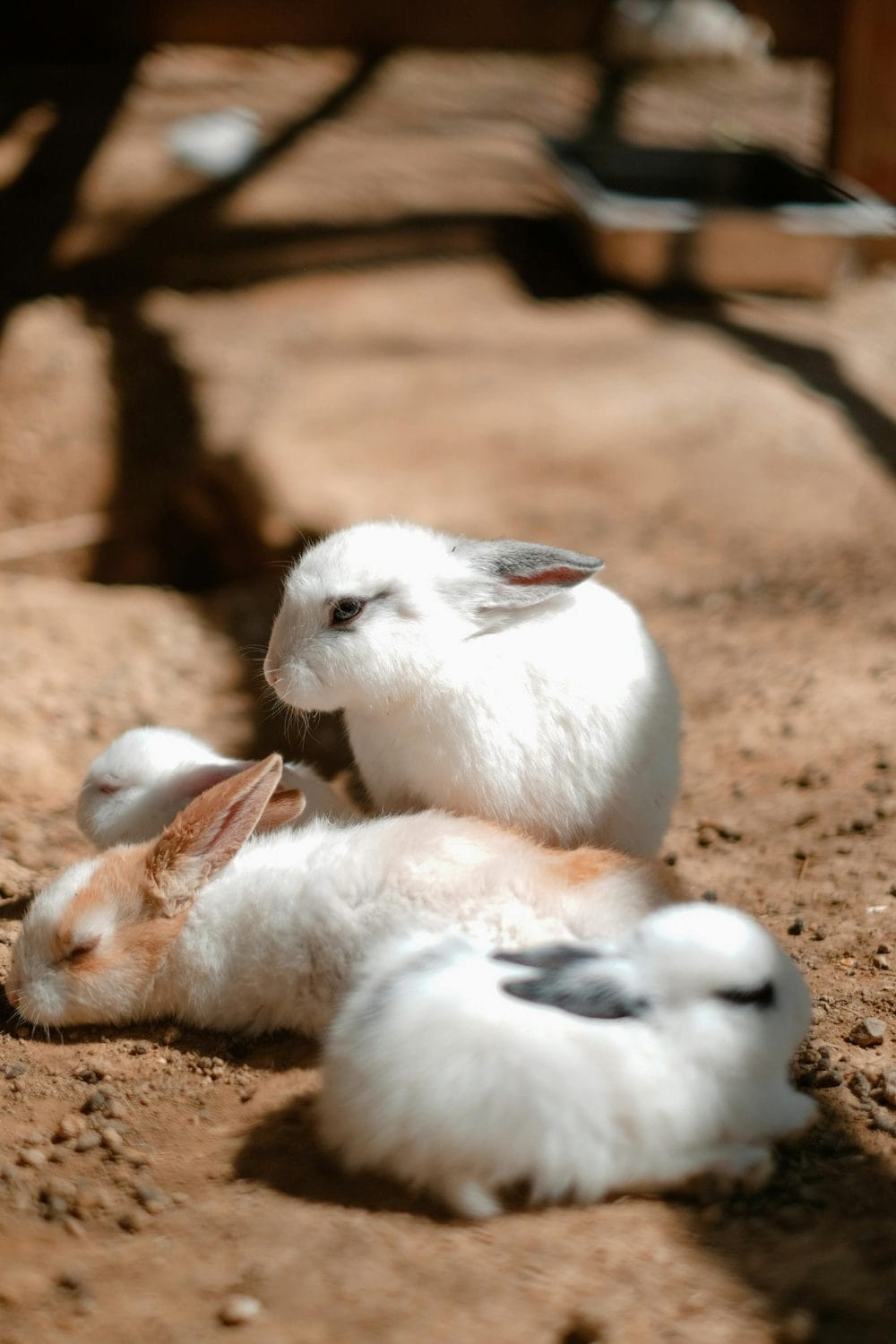
The Importance of Rabbits in the Pet World
Rabbits serve more than just a cute companion role. They:
- Teach responsibility to children
- Offer emotional support for individuals with anxiety or depression
- Require less space than dogs, making them ideal for apartment living
- Can be trained to use a litter box, making them convenient indoor pets
With growing awareness of animal welfare, many people are choosing to adopt rabbits rather than purchase from breeders, helping to reduce the overpopulation crisis in shelters.
Reasons to Choose Bunnies as Pets
Adorable and Affectionate
Rabbits are among the cutest pets you can own. Their personalities, combined with moments of affection, make them rewarding companions.
While not all rabbits enjoy being cuddled, many become quite bonded with their human families.
Low Noise Levels
Rabbits are quiet pets. Unlike dogs or birds, rabbits make very little noise. They may gently purr or thump their feet, but they generally provide a peaceful presence in the home.
Ideal for Small Spaces
If you live in a small apartment, a rabbit may be an ideal choice. They do not need a backyard and can thrive indoors with enough space to hop, stretch, and play.
Litter Training is Possible
Rabbits can be litter trained, much like cats. With some consistency and patience, they will use a litter box regularly, making maintenance easier.
Unique Personalities
Every rabbit has a different personality. Some are social and playful, while others may be more shy and reserved. Learning your rabbit’s behavior and preferences is part of the joy of rabbit ownership.
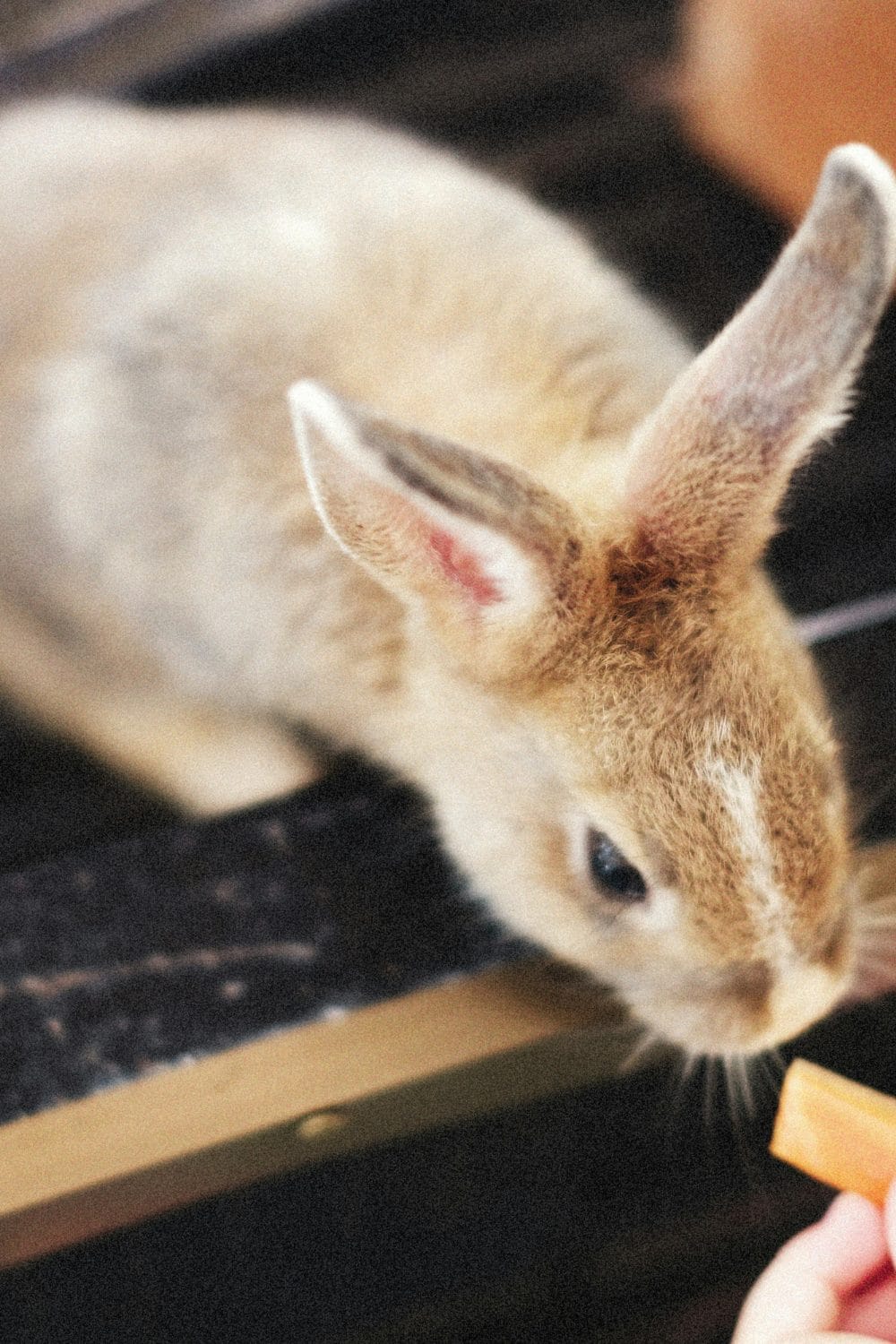
Challenges of Having a Bunny as a Pet
Delicate Digestive Systems
Rabbits require a strict diet of hay, fresh greens, and limited pellets. Sudden changes in diet or improper food can lead to digestive issues like GI stasis, a serious and sometimes fatal condition.
Chewing and Digging Behavior
Rabbits have a natural instinct to chew and dig. They may chew wires, baseboards, or furniture if not supervised or given proper toys. Digging can also damage carpets or indoor flooring.
Specialized Veterinary Care
Not all veterinarians treat rabbits. You will need to find an exotic pet veterinarian, which may cost more than a standard vet. Spaying or neutering is also recommended for health and behavioral reasons.
Long-Term Commitment
Rabbits can live between 8 to 12 years, sometimes longer. They need daily interaction, care, and a clean environment. Owning a rabbit is a long-term commitment that should not be taken lightly.
Essential Tips to Take Care of Bunnies
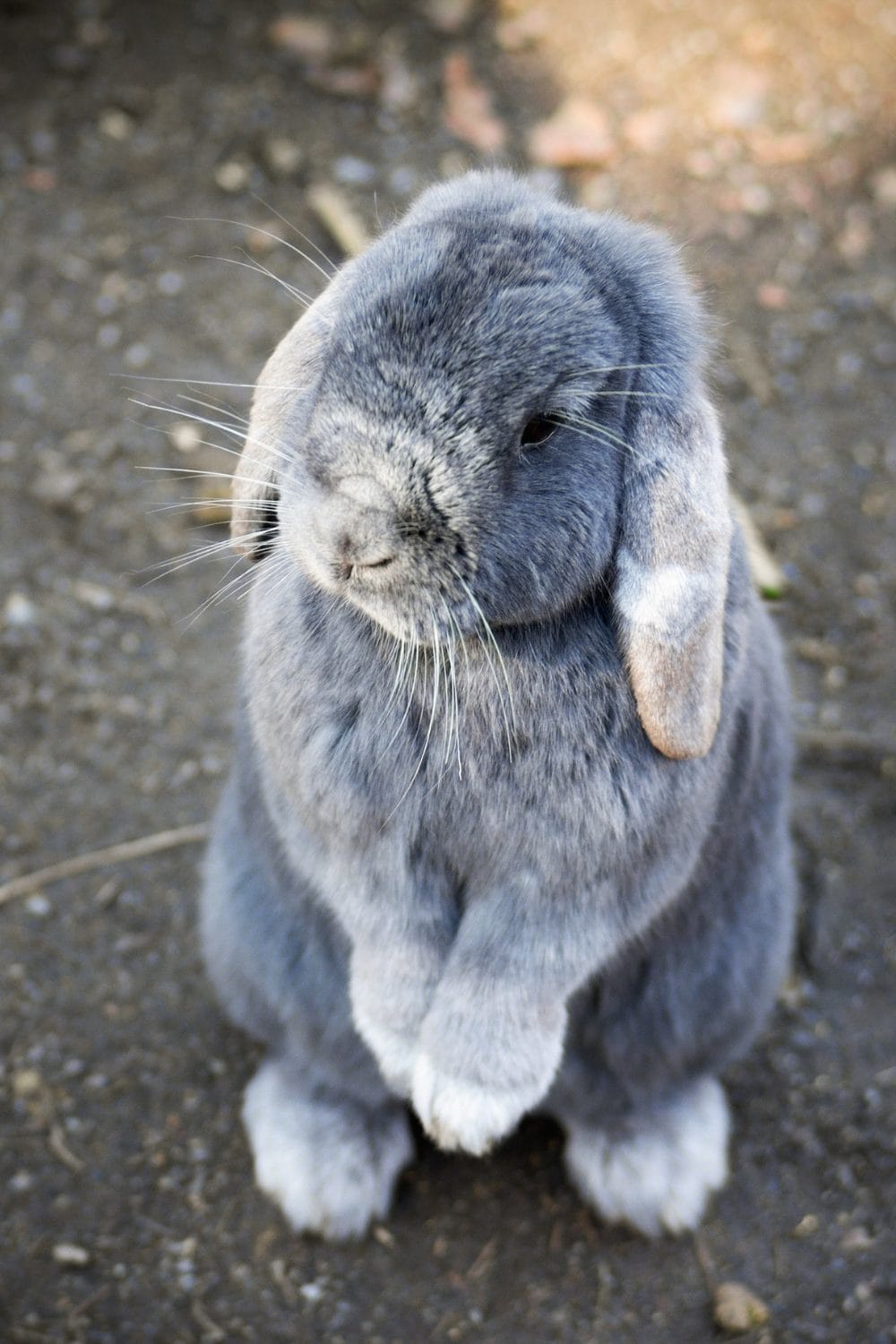
Feed a Balanced Diet
A healthy rabbit diet includes:
- Unlimited fresh hay (such as timothy or orchard grass)
- Fresh leafy greens like romaine, parsley, and cilantro
- High-quality rabbit pellets in small amounts
- Occasional fruit or root vegetables as treats
Avoid feeding them iceberg lettuce, sugary fruits in large quantities, or foods not specifically meant for rabbits.
Provide a Safe Living Environment
Whether in a cage or free-roaming, your rabbit’s environment should include:
- Space to move freely and stretch
- Litter boxes cleaned daily
- Toys and chewables for enrichment
- Hideouts or tunnels for resting
Ensure your rabbit has daily time outside its enclosure to explore and exercise.
Bunny-Proof Your Home
To protect both your rabbit and your belongings:
- Cover or elevate all electrical cords
- Block off dangerous or off-limit areas
- Provide approved items for chewing and digging
- Protect wooden furniture and carpeted areas
Schedule Regular Vet Visits
Find a veterinarian with experience in rabbit care. Have your rabbit checked at least once a year, and watch for early warning signs like:
- Change in appetite or droppings
- Sudden lethargy or aggression
- Signs of dental issues
Provide Social Interaction
Rabbits are naturally social. They thrive with daily human interaction or with another rabbit companion. Lack of socialization can lead to boredom, depression, or destructive behavior.
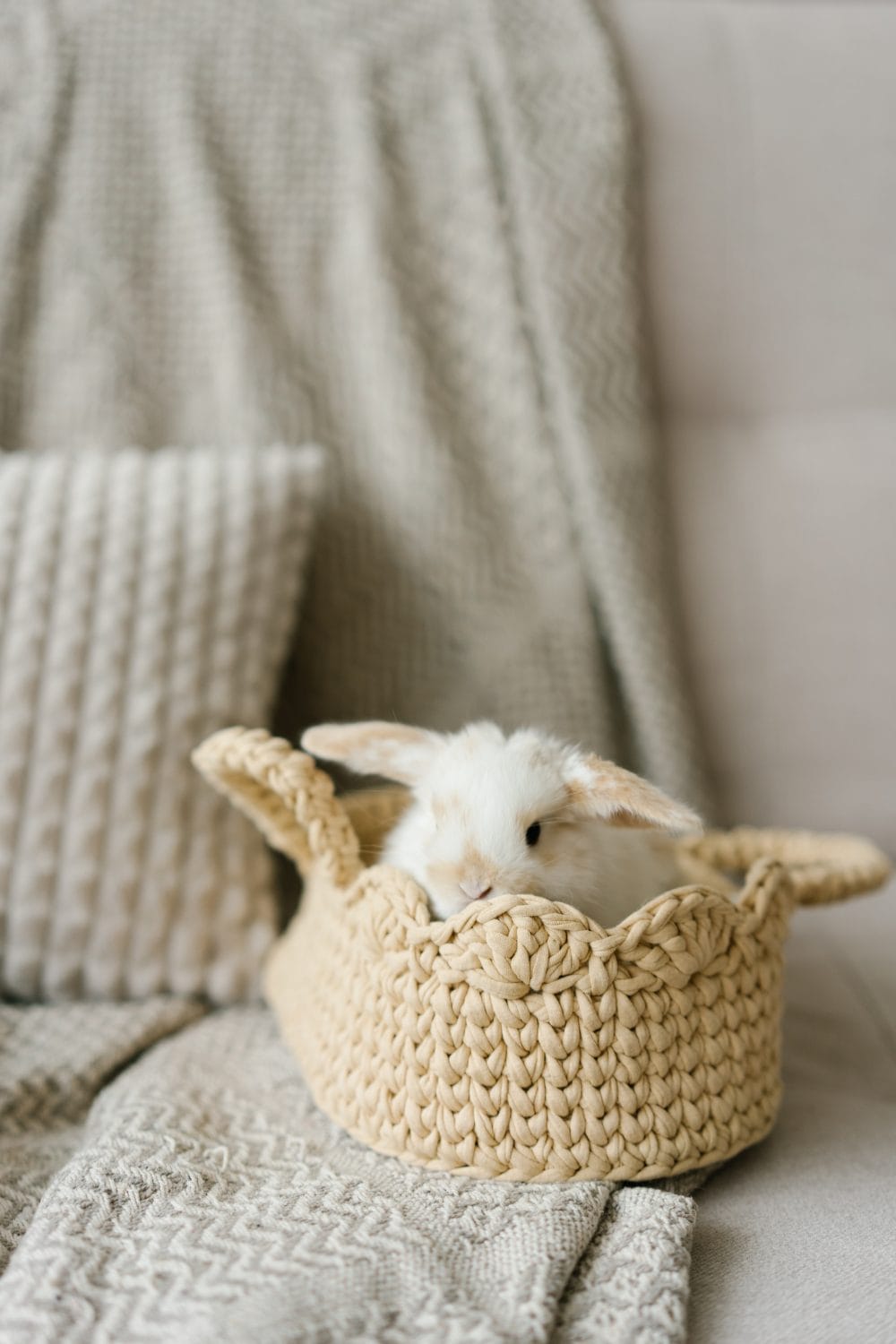
Are Bunnies a Good Pet?
The short answer: yes, for the right person.
Bunnies are clean, intelligent, quiet, and capable of forming strong bonds. However, they are not suitable for every household.
They are not low-maintenance pets and do not tolerate rough handling, making them a better fit for adults or older, responsible children.
They require time, patience, proper diet, regular health checkups, and safe environments.
If you are ready for the commitment, a rabbit can be a wonderful and loving companion.
Conclusion: Bunnies as Pets or Hidden Hassles?
Rabbits are undeniably charming. But their care needs and unique behaviors mean they are not the right choice for everyone.
If you are considering a rabbit as a pet, make sure to research thoroughly and assess whether you can meet their needs long-term.
The rewards are significant for committed pet owners. Rabbits can bring warmth, laughter, and love into a household.
They are much more than cute faces—they are intelligent and sensitive animals who thrive with proper care and companionship.
With preparation and dedication, your fluffy friend can be one of the most enriching pet experiences ever.
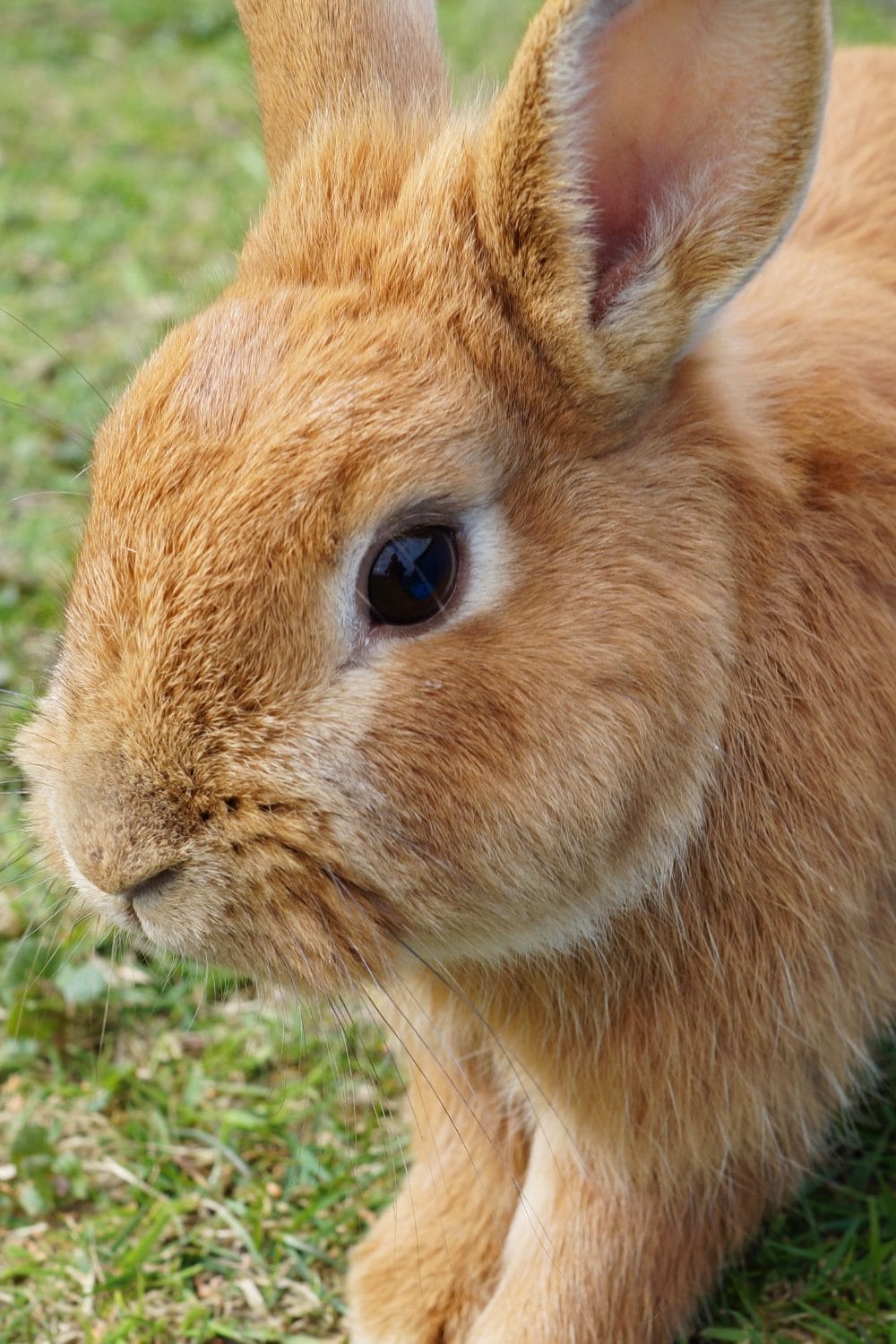
Frequently Asked Questions About Bunnies as Pets
Rabbits can be suitable for older children who are calm and responsible. Young children may unintentionally harm a rabbit due to their delicate bone structure and dislike of rough handling.
Initial setup can cost between $300 to $500, which includes the enclosure, food, litter, and vet visit. Ongoing monthly expenses typically range from $40 to $70.
Yes. In fact, indoor rabbits are safer and generally healthier. They are protected from predators, weather extremes, and outdoor parasites.
Yes. Rabbits are social and often do better with a companion rabbit. However, bonding rabbits requires careful introduction. Alternatively, regular human interaction can also meet their social needs.
Litter boxes should be cleaned daily. Spot cleaning should be done every few days, and a full enclosure cleaning is recommended weekly
- How to Celebrate a Dog’s First Birthday on a Budget: 2026 Guide - February 18, 2026
- Best Shampoo for Sensitive Skin Dog Grooming: 2026 Guide - February 12, 2026
- 40+ Aesthetic Names for White Dogs (2026 Unique & Rare List) - February 6, 2026


GIPHY App Key not set. Please check settings